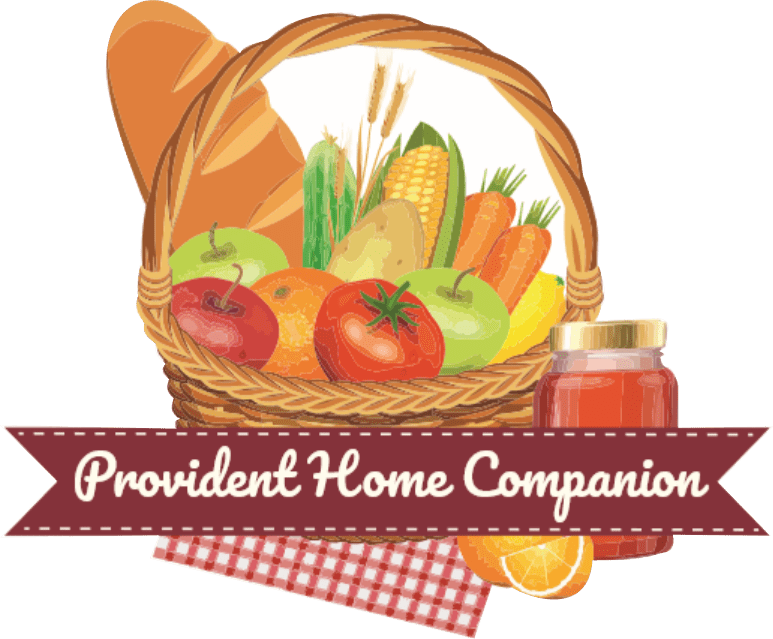

A garden is an important part of a good food plan, a plan to ensure that you will always have food regardless of what the market and economy are doing. But vegetable gardens are subject to the whims of nature. Over the years, too much or too little rain, early frosts, grasshopper infestations and an ill-timed hail storm have all wreaked havoc on my gardens. Then there are the years that illness or family concerns diverted my attention from tending my garden and my neglect diminished my garden's yield.
The truth is, if you want a reliable source of food for you and your family, you should consider having a perennial garden in addition to your annual vegetable garden. This is a garden that is filled with foods that will produce year after year without being re-planted.
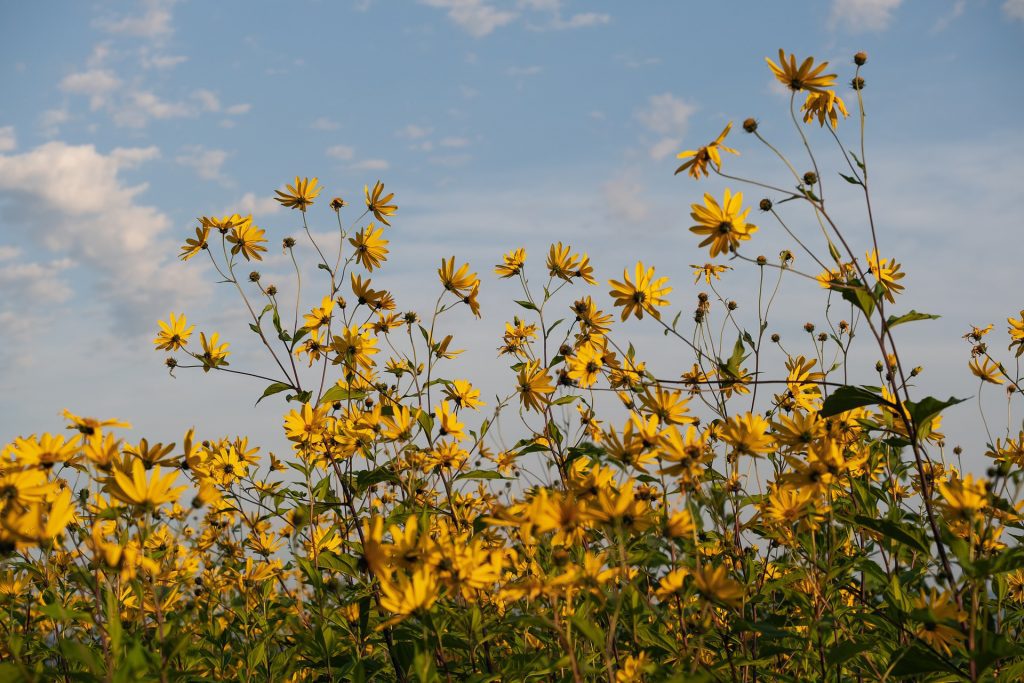
Why plant perennials
There are many reasons to plant perennial vegetables. Here are just a few:
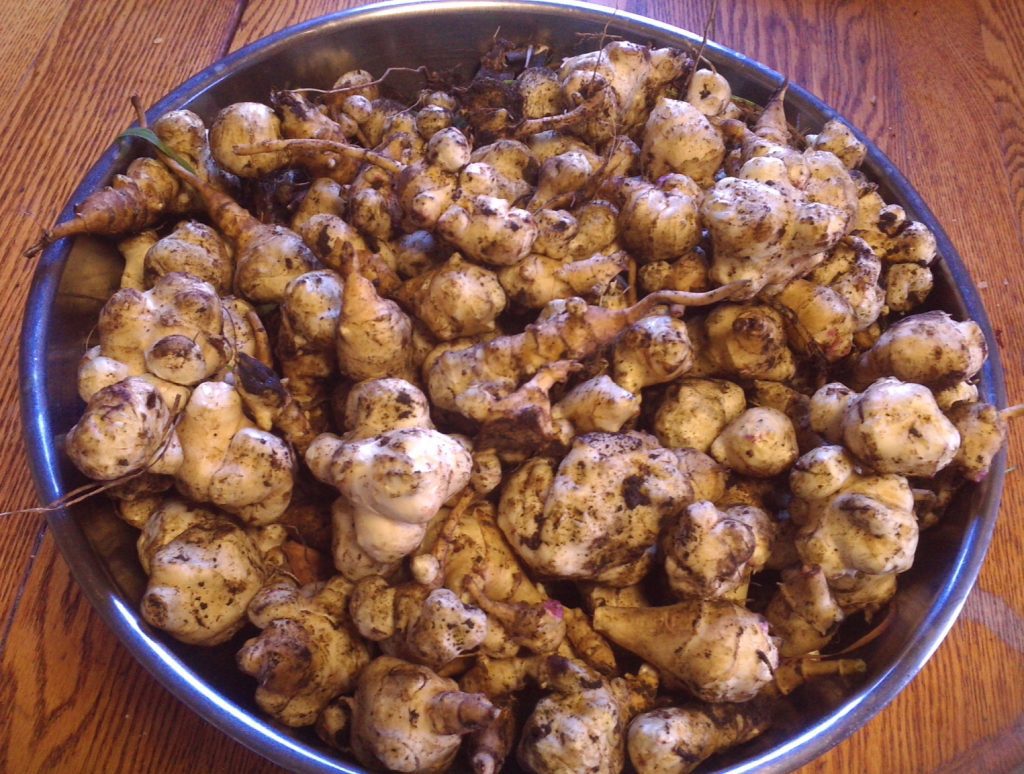
What to plant
There are two kinds of perennial food plants: vegetables that grow in the ground and spread as they mature, and fruit trees or bushes. The list of vegetables that are hardy enough for our climate is a big one and includes things like asparagus, Jerusalem artichoke (or sunchoke), horseradish, rhubarb, perennial bunching onion, Egyptian walking onions, groundnuts, Good King Henry, sorrel and radicchio. Once you plant these, let it grow undisturbed for a year or two and then start harvesting.
Herbs aren't really a vegetable, but they are a tasty addition to many recipes. There are a limited number of perennial herbs that can survive our winters. Chives are quite hardy and some varieties of sage, thyme and oregano will also do well here. Almost everything in the mint family thrives here but be careful: mints are a very invasive plant if you don't take precautions to tame it.
These vegetables usually take just one good growing season to get established, asparagus being a notable exception. Asparagus will take three years to mature enough for harvesting but you can start harvesting the rest of these vegetables the year after you plant them.
Fruit trees and bushes take a bit longer to get established and start producing. They make a nice addition to your landscape and will produce food every year with very little input from you. June berries, raspberries, currants and gooseberries all do well in our climate. While I do know some who've grown apricots and pears in North Dakota, the fruit is not spectacular. I stick with apples and plums.
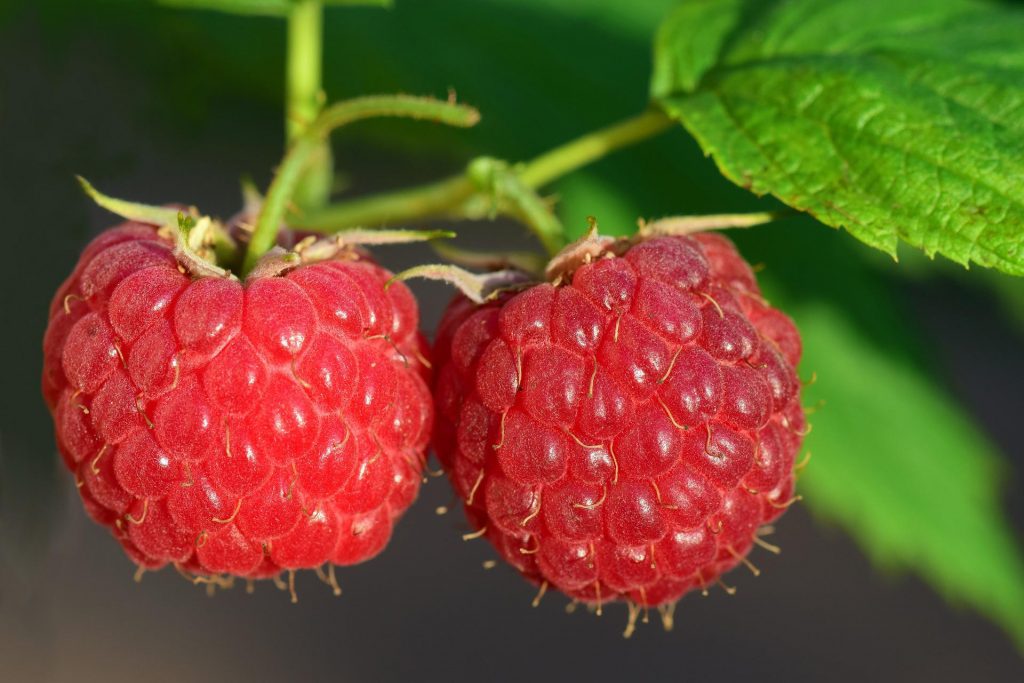
Berry bushes may start producing the summer after you plant them. They'll reach full production in three to five years. Fruit trees will take three to five years to start producing. They reach their full maturity in about 10 years and will faithfully give you food for decades to come.
Your perennial fruits and vegetables will give you food from one end of the season to the other. It starts with onions and greens such as sorrel and radicchio. After that you'll have 4-6 weeks of asparagus, followed by rhubarb. The berries start ripening in mid-summer, followed by plums. In the fall, dig up your root crops: ground nuts, Jerusalem artichoke and horseradish. Leave one-half to one-third of the roots to regrow for a new crop the next year. Apples come due at the tail end of summer and (depending on the variety) into late fall.
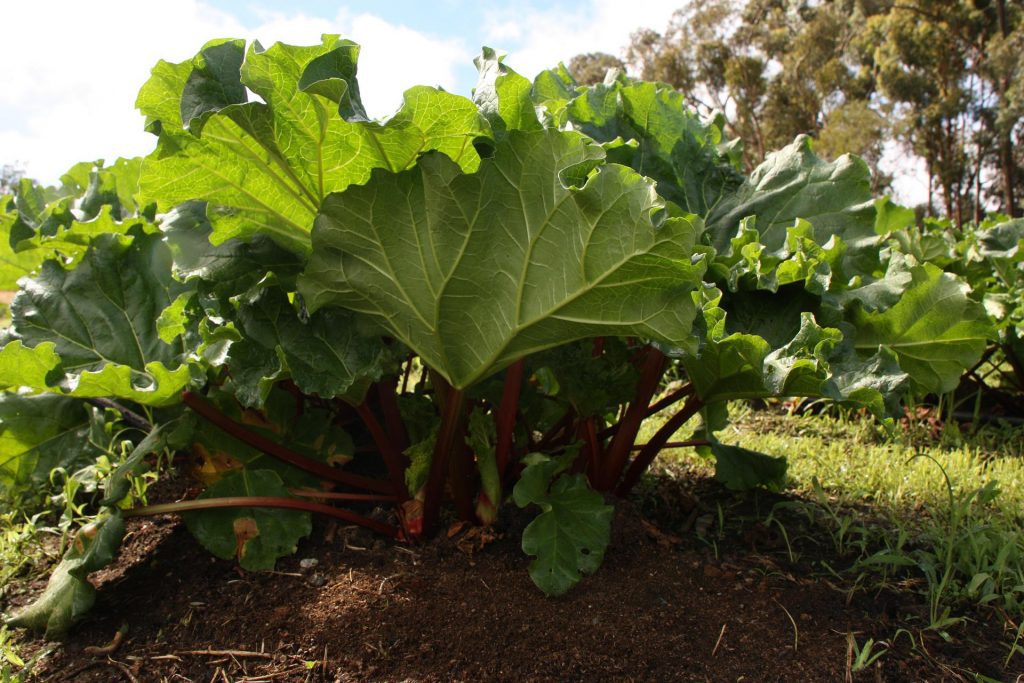
Have a plan
Start your perennial garden with careful planning. These are plants that are going to become a permanent part of your landscape, so don't go about this willy-nilly. You should consider the size of your property, where the house is in relation to other landscaping elements, the quality of the soil and sun exposure, what parts of the property can be easily watered and the size of the mature plants.
After you make a list of the plants you'd like to grow, create a master plan of where you're going to plant them. I find that a landscaping app like Gardena or Smartdraw is especially helpful here. It lets me arrange my plants on paper and visualize what they will look like when fully mature before digging the first hole.
With only a minor investment of effort and careful planning you can have a bountiful harvest of tasty fruits and vegetables for years to come.
How to calculate how big a garden to plant: https://morningchores.com/vegetable-garden-size/
Garden planners: https://www.smartdraw.com/landscape-design/templates/
https://my-garden.gardena.com/int
More about Jerusalem artichokes: https://www.providenthomecompanion.com/perennial-food-jerusalem-artichokes/
More on asparagus: https://www.providenthomecompanion.com/asparagus-king-of-the-garden/